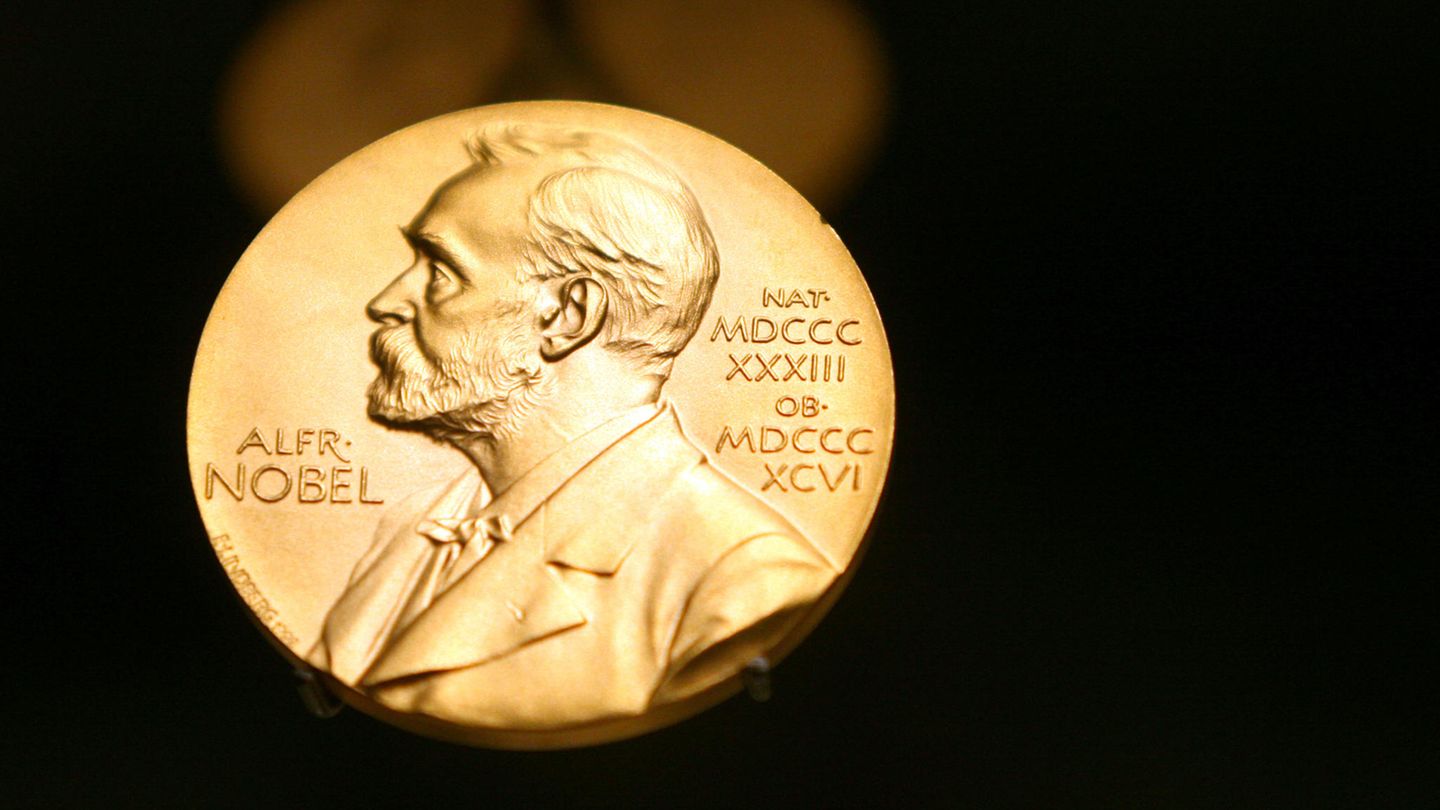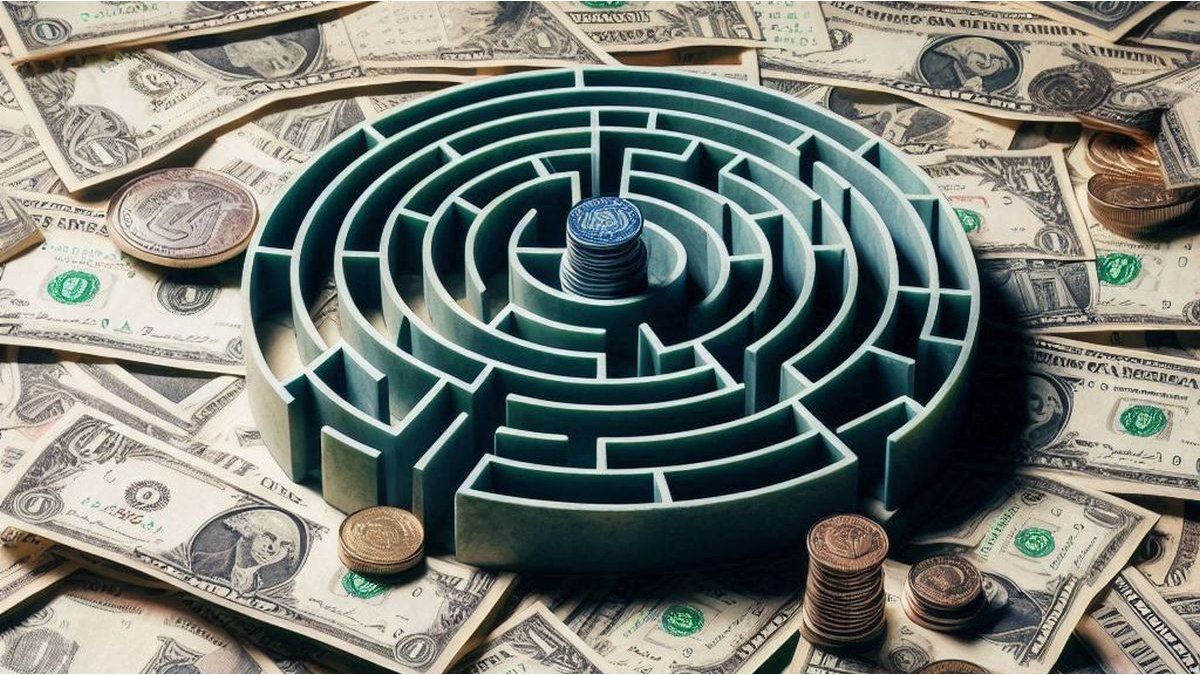As a rule, real experiments are hardly possible in economics. Sometimes, however, chance helps – the 2021 Nobel Prize for Economics honors work in this area.
By Hannah Schwär
What does the minimum wage bring? How does immigration affect the labor market? Researching these questions is essential to find socio-political answers. However, economists often find it difficult to systematically examine the relationship between cause and effect. In contrast to medical research, for example, real experiments in economics are usually difficult to implement and ethically difficult. In the case of the minimum wage, for example, it would be hard to imagine choosing a comparison group from the population that is not entitled to it.
The economists David Card, Joshua Angrist and Guido Imbens have shown using the example of the labor market that it is possible to analyze causal relationships even without random tests. You have made use of so-called natural experiments. This is the name given to events that naturally divide society into experimental and control groups.
New methods in scientific research
On Monday, the Royal Swedish Academy of Sciences awarded the three researchers the Alfred Nobel Memorial Prize for Economics. “The contributions of the award winners have completely reshaped empirical work in economics,” said the award committee’s justification. As a result, “our ability to answer causal questions, which are of great importance to us all, has improved enormously”.
Half of the award went to the Canadian David Card for “his empirical contributions to labor economics”. Card is an economics professor at Berkeley University. The Nobel Committee particularly recognized his research on the impact of the minimum wage on the labor market using the example of fast food chains in the United States in the early 1990s. Card made use of the different laws of two neighboring US states, each of which produced a natural test and control group.
The other half of the award went to the US American Joshua D. Angrist and the Dutch Guido W. Imbens for “their methodological contributions to the investigation of causal relationships”. Her work has improved the understanding of natural experiments and made precise conclusions possible from them.
Annunciation at two o’clock in the morning
At the award ceremony on Monday lunchtime in Stockholm, award winner Guido Imbens was connected by phone from the USA. The first call from the Nobel Committee reached him at two o’clock in the morning, said the completely surprised laureate. “I was absolutely thrilled when I heard the news. Especially that I got the award together with David Card and Joshua Angrist, who are both friends of mine,” he said. Angrist was even his best man.
In contrast to the other Nobel Prizes, the “Alfred Nobel Memorial Prize for Economics”, as the award is officially called, does not go back to the will of Alfred Nobel. It was only donated in his memory by the Swedish Reichsbank in 1968, many decades after his death. The award is presented every year by the Royal Swedish Academy of Sciences in Stockholm. Last year he went.
Jane Stock is a technology author, who has written for 24 Hours World. She writes about the latest in technology news and trends, and is always on the lookout for new and innovative ways to improve his audience’s experience.




